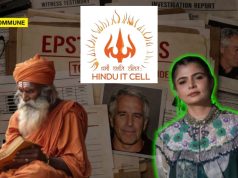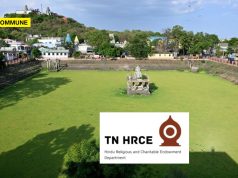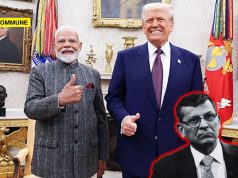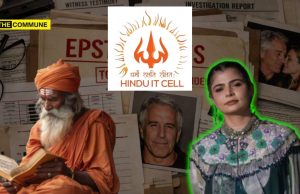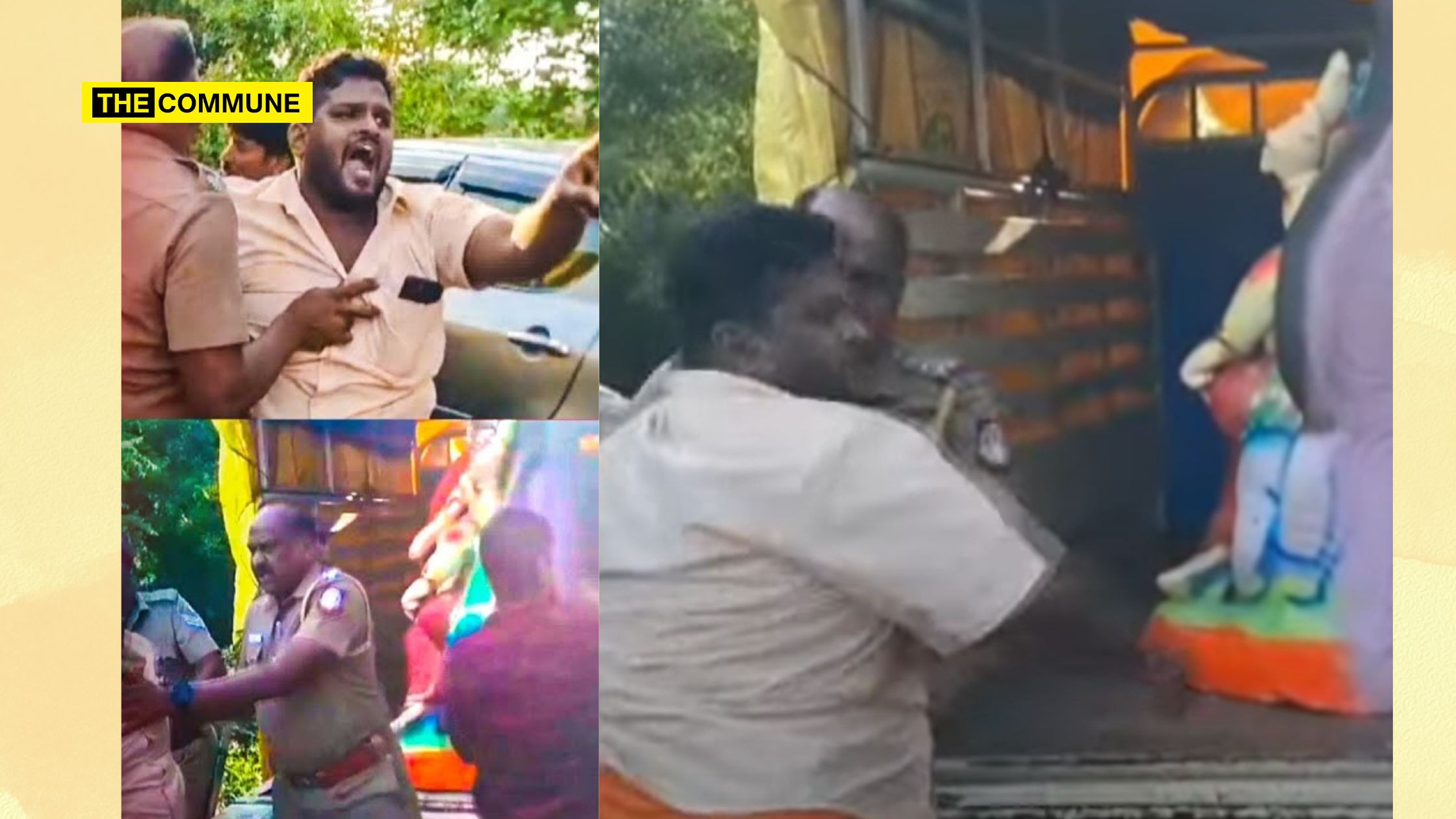
In VKalathur, Perambalur district, the police prevented the consecration of Lord Ganesha idol. This resulted in a scuffle between the police and Hindu Munnani members. Police alleged that the idol was being brought into the village without permission and prevented its entry. It is noteworthy that there are clear court orders permitting the Hindus in the locality to celebrate the festival with the deity’s consecration like all over India.
The Hindu Munnani members were taking the Ganesha idol in a vehicle that was stopped on the way by the police. Then the argument and scuffle ensued. As per the High Court order, it was required that organisers must ensure a peaceful procession of the idol. A total of 19 conditions including not hurting others’ religious sentiments during the procession were put forth by the police before finally allowing the idol to be consecrated and worshipped.
Background
Last year, during the Vinayakar Chathurthi celebration, the village faced significant resistance despite its long tradition of celebrating the festival. The Village Administrative Officer and later the Collector denied permission, claiming there was no historical record of such events in the village. When the villagers went ahead with the installation of the Vinayakar idol anyway, the police intervened violently. They forcibly removed the idol and assaulted residents, including women and children. The authorities’ actions, which involved physical attacks and damage to personal property, left the community shocked and seeking justice. The villagers questioned the fairness of the police treatment and the reasons behind the denial of their long-standing religious practices. It is to be noted, that since 2012, some local Muslims have been raising objections to the Hindu processions, branding these religious festivals as ‘sins’.
In 2021, a petition was filed with the Madras High Court concerning the practice of conducting temple processions through the Muslim-majority neighborhood of V. Kalathur, Perambalur district, Tamil Nadu. The petitioner requested police protection for these rituals, and while permission was granted, it came with certain restrictions.
During the hearing, the bench of Justices N. Kirubakaran and P. Velmurugan stressed that religious intolerance threatens the secular fabric of the country. They noted that resistance to religious festivals could lead to riots if reciprocated by another religious group.
The court reviewed an affidavit from the Deputy Superintendent of Police, noting that objections to temple processions had surfaced only since 2012, despite such processions being conducted without issues before that. The court observed that, although permission was granted under Section 180A of the District Municipalities Act 1920, objections from the Muslim community persisted.
The court ruled that dominance by one religious group in a locality should not justify prohibiting other religious groups from celebrating their festivals or organizing processions. The judges highlighted that allowing such intolerance undermines secularism and could lead to widespread conflict if minority communities were barred from celebrating their festivals.
Subscribe to our Telegram, WhatsApp, and Instagram channels and get the best stories of the day delivered instantly.

